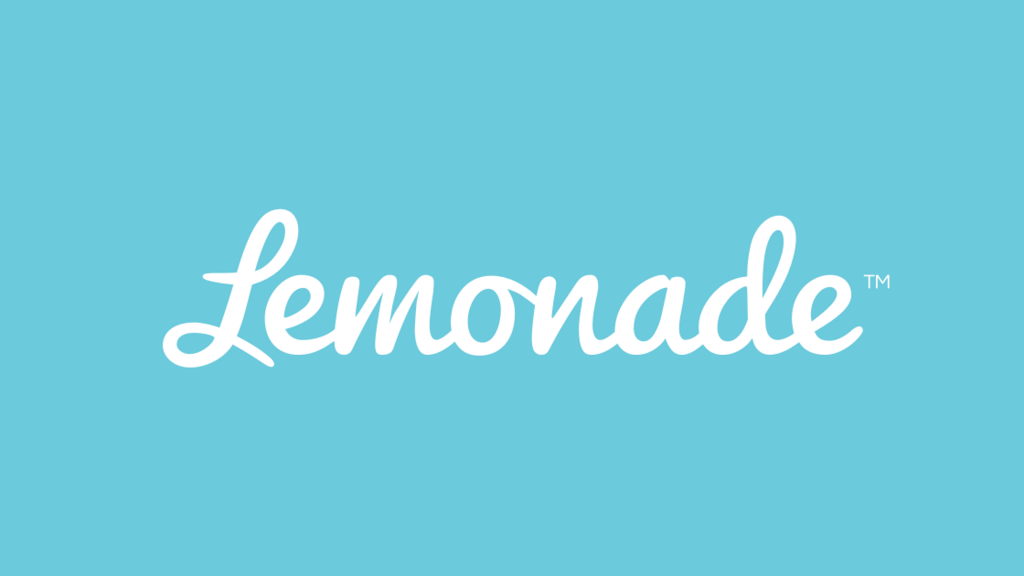An unfashionable, and maybe unpopular, view on the Lemonade IPO
2 July, 2020 Chris Sandilands
Lemonade, the full stack InsurTech that launched in 2016, went public today in New York. Its shares surged from $29 to around $69 during the day.
This is, of course, a great success for Daniel Schreiber and Shai Wininger, the founders, and for the team that helped them create Lemonade. From the start, this startup was different: raising a big seed round from Sequoia, going ‘full-stack’ from day 1, and hiring industry stalwarts from AIG and Liberty right away. And, of course, the marketing which led to ludicrously frothy articles in the trade press encouraging us to forget everything we know about insurance because the future was here.
But, as an insurance industry professional, I am not sure I share the unconstrained excitement. In my view, the Lemonade IPO is a success for venture capitalism and entrepreneurship, but less obviously for insurance or insurance customers.
In our September 2016 blog post, we asked three questions about Lemonade’s model. We questioned whether it really allowed it to challenge the assertion that “traditional insurance companies make money by keeping the money they don’t pay out in claims”.
I believe that Lemonade has not answered our questions. Indeed, Lemonade’s model has become increasingly standard over time. The peer-to-peer description was quietly dropped in late 2016 and ‘give back’ appears to have become less central to its proposition over time. (Adrian Jones of SCOR notes that it could be described as “greenwashing” given that “founders each trouser $1 billion, charities get <1/1000th of that”.) Its website today looks similar to any other direct carrier’s site now.
Sure, many reviews suggest that the customer experience is good, but we would expect no less from a business that has been able to develop without legacy technology or operational constraints.
But I just don’t see that Lemonade has had a significant impact on the industry, let alone transformed it in any meaningful way.
First, consider its scale: at $116m of 2019 GWP they have hardly blown the top-line lights out – despite the near-$500m of funding. It cannot be said that Lemonade’s arrival has shocked the industry into any particular ‘emergency response’ like Amazon has done with ecommerce, and Lemonade itself, with 650,000 customers, is unknown to most of the market. Maybe it is too early to tell – Amazon was founded 26 years ago after all.
Lemonade pays out on claims of course and made a big deal of its 3-second “world record”. Increasingly it pays claims itself rather than passing them to reinsurers. But then ‘traditional’ insurers pay claims too, albeit with some high-profile exceptions. (Would Lemonade be paying out more readily on BI claims that could cripple its business if it wrote SME?)
An article in the Insurance Insider’s sister publication Inside P&C entitled – hilariously – a Unicorn Vomiting a Rainbow provides further analysis. It suggests, for example, that Lemonade’s retention rates appear to be below market average, and questions its ability to grow premium by ‘graduating’ renters to higher-premium homeowners policies.
As entrepreneurs, Daniel and Shai have done an incredible job. But as industry transformers, they have not even scratched the surface.
Most people reading this article are insurance industry people: we need to keep going with the tough job of supporting well-meaning insurance organisations to transform for the long term.
Or, to restate the conclusion from our 2016 blog: “the industry should look at the components of the Lemonade proposition for inspiration rather than just regurgitate the company’s (outstanding) marketing”.


